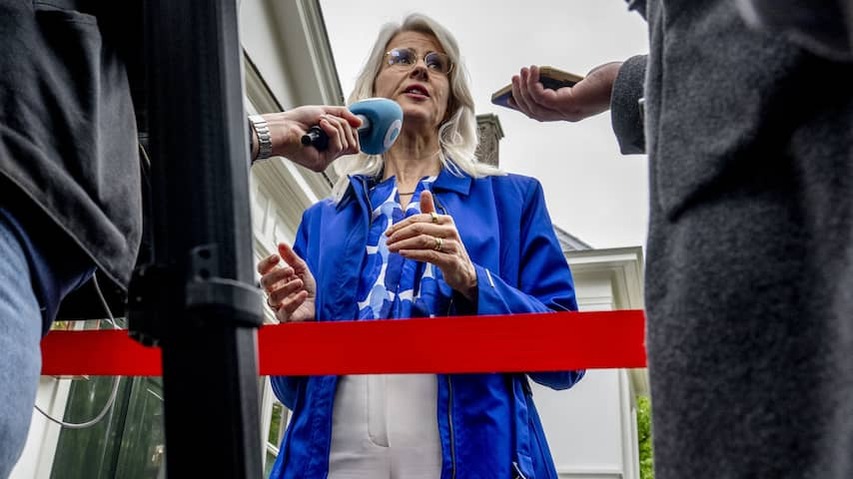
The plan to freeze rents for people in social housing is at risk. Housing Minister Mona Keijzer needs to get her bill through parliament by July 1, but it is questionable whether the plan will survive the Senate.
The plan to freeze rents in the social sector comes from the coalition. The leaders of PVV, VVD, NSC and BBB agreed on it under pressure during the late-night negotiations on the spring budget.
The proposal immediately met with fierce criticism, because the rent freeze will mean that housing corporations will build fewer houses in the coming years. According to industry association Aedes, the plan also has consequences for making homes more sustainable.
The coalition has allocated money to compensate the corporations, but that is probably not enough to maintain investments. In the meantime, the corporations have gone to court.
Minister Keijzer herself was not happy when she heard about the plan, but she has started working on its implementation. She sent a bill to the Council of State (RvS) last week.
Without Support from Opposition Parties, The Plan Will Not Succeded
Meanwhile, opposition parties, on both the left and right flanks, are already expressing strong criticism of the proposal. That is problematic for Keijzer, because the coalition parties do not have a majority in the Senate.
Freezing rents without fully compensating corporations is “reckless politics,” said Habtamu de Hoop (GroenLinks-PvdA) on Wednesday in a parliamentary debate. Pieter Grinwis (ChristenUnie) called the rent freeze a “building freeze.”
SGP member André Flach spoke of a “sigaar uit eigen doos” (something that seems beneficial but ultimately hurts), because tenants’ energy bills would fall less if corporations cannot make homes more sustainable. He advocated supporting tenants through income measures, instead of through rents. JA21 leader Joost Eerdmans called the policy “bad and unreliable” and advocated a lower VAT on groceries.
The SP is a “strong supporter” of a rent freeze, said MP Sandra Beckerman. But for all tenants, she emphasized. Keijzer has decided that private landlords of social housing will still be allowed to increase their rents.
NSC also criticizes the plan
But there is not only criticism from the opposition. Coalition party NSC is also not happy with it and agreed “reluctantly.” Sufficient compensation for the corporations is a “condition” for the party to support a rent freeze.
That compensation must be such that the goal of building 100,000 homes annually, about a third of which is social housing, is maintained, said NSC MP Merlien Welzijn.
Several factions asked Welzijn if she would therefore not support the bill that regulates the rent freeze if the compensation is not included in it. Welzijn did not explicitly agree to this. “I am waiting for the minister’s elaboration.”
Keijzer said on Wednesday that “something will ultimately have to move.” The minister does not envision the plan with the compensation as the coalition conceived it in the spring budget. “Either the compensation moves, or the task that was given to me and that I have passionately started working on must move,” said Keijzer.
2:05